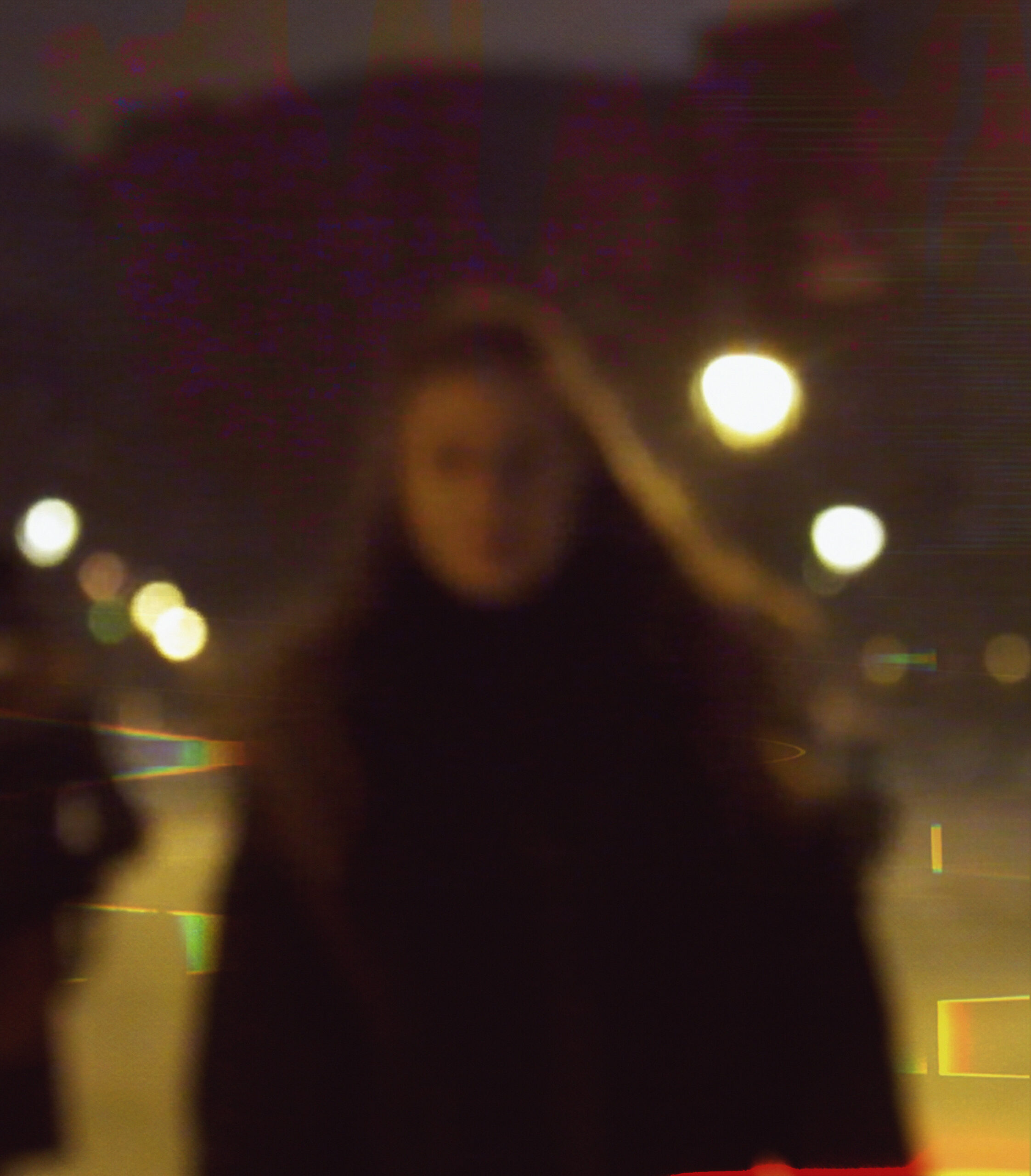Repertoire

Solaris
Dir. Waldemar Raźniak
Faced with catastrophe, to whom ought we to pray right now? To what god, or maybe to Artificial Intelligence? Perhaps indeed, given that faith in humanity is failing us, a natural world that had been allegedly ours to control has revolted once again, and the paradoxes of human existence, despite centuries of scholarly inquiry, remain unsolvable? In moments of weakness, the human mind goes back to its old ruts—folk tales, beliefs, traditions, conspiracy theories, in new and old renditions. This is easier, because faith in science requires time and sacrifices; there are no simple answers here. At the intersection of the worlds of science and faith, the practical and the extrasensory, the quantifiable and the intuitive, is where Kris Kelvin begins his journey. Science-fiction, mythic Contact, the existence of alien civilizations and the work of inexplicable forces: all this joins together in Lem’s ocean planet studied by the Solaris station scientists. Analyzing its radiation and morphology, they are essentially putting themselves to the test, their emotions and pasts, their limitations and will to survive. And what if the unsurpassable strangeness they are forced to confront comes from the same source as themselves?
In the opera of “Solaris,” in place of the traditional opera vocals we have songs generated by a computer algorithm, assisted by Artificial Intelligence engaged by the actors’ voices. The song is also present in the form of the vocalist’s improvisations, which weave into the instrumental fabric to comment on the pulsing and constantly changing sonic world of Solaris. The instrumental ensemble is an integral part of the Solaris world, and the orchestral fabric is written to nimbly accompany the action on stage, at times assuming a narrative function.
This production thrills with its verve and its context: a large ensemble, tons of visual features, and the presence of the accelerators on stage all make an enduring impression. Raźniak does not pile new meanings onto Lem’s work, he more focuses on creating mood and atmosphere. This is assisted by the splendid, evocative, and sometimes quite moving performances, as well as the music, which effectively builds suspense, at times reaching the quite reasonable limits of what the ear will tolerate.
(guldapoleca)
Song is present (…) in the vocalist’s improvisations, which, weaving into the instrumental fabric, comments on the constantly changing sonic world of “Solaris”. But in general, this is a spoken theatre for actors, except that the music is always there, and the singers’ voices are like additional instruments, roused by the actors’ voices, causing them to be apprehended as a kind of commentary. (…) Though just slightly over an hour, the performance is impressive, the music a perfect match for the drama of the story, which is simplified, of course, to a psychological/romance theme for the purposes of the libretto.
(Dorota Szwarcman, polityka.pl)
The play is produced by H. Modrzejewska National Stary Theatre, Hashtag Ensemble, and Warsaw Stage Society.
![]()
Premiere: February 1, 2024
at the SOLARIS National Center of Synchotron Radiation, Jagiellonian University
IMPORTANT!
- The performances on October 11-12-13, 2024 will be presented at the Łaźnia Nowa Theatre (Kraków, os. Szkolne 25). Please be informed that due to shows being held outside the permanent location of the Stary Theatre, it will not be possible to collect tickets purchased online before the performances. We invite you to pick up your tickets at the box office at 1 Jagiellońska Street no later than 3 hours before the start of the show for which the ticket was purchased. We suggest selecting the option to download the ticket online and print it or download it to your phone when purchasing online
- There will be no standing ticket sales before the “Solaris” shows at Łaźnia Nowa.
Cast
- Roman Gancarczyk Gibarian
- Krzysztof Globisz Older man
- Adam Nawojczyk Snaut
- Karolina Staniec Rhea
- Krzysztof Zawadzki Kris Kelvin
- and the Hashtag Ensemble:
- Lilianna Krych conductor
- flutes
- Krzysztof Guńka saxophones (quest appearance)
- Paweł Janas accordion
- voice
- Marta Piórkowska violin
- Aleksandra Demowska-Madejska viola
- Robert Dacko cello (guest appearance)
- Mateusz Loska bass
- Magdalena Kordylasińska-Pękala percussion
- Aleksander Wnuk percussion (guest appearance)
- Piotr Madej live electronics
Creators
- Karol Nepelski music
- Waldemar Raźniak libretto and director
- Lilianna Krych musical director
- Barbara Guzik scenography and costumes
- Ada Bystrzycka lighting
- Marek Suberlak sound
- Tadeusz Pyrczak (AST) video coordinator
- Dorota Grzywacz-Kmieć, Wioletta Brzęcka production coordinators
- Piotr Mateusz Wach (AST) choreographic consultations